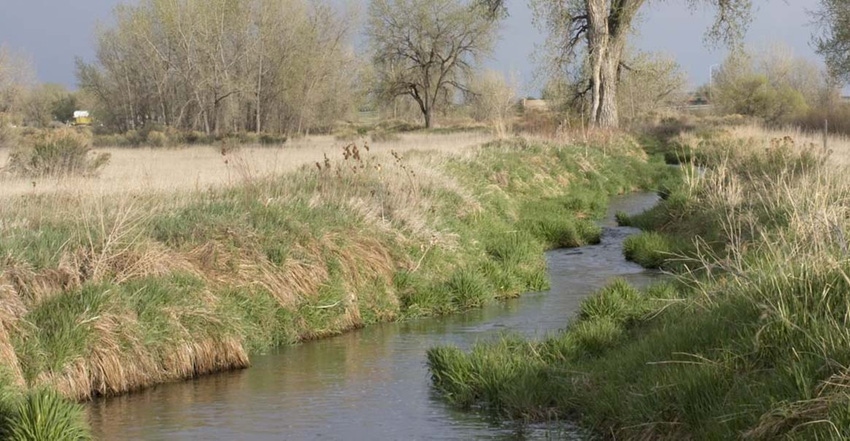July 2, 2018

The Georgia Farm Bureau and American Farm Bureau Federation have joined a group of affected business sector representatives in filing a motion to intervene as a plaintiff, as well as a complaint as intervenors, in a federal district court case challenging the legality of the Environmental Protection Agency’s and U.S. Army Corps of Engineers’ 2015 Waters of the United States Rule. The lawsuit is filed in the U.S. District Court for the Southern District of Georgia.
“The unlawful 2015 WOTUS rule would result in farmers and ranchers losing the ability to use their property and lost productivity,” said AFBF President Zippy Duvall. “The rule would bring a massive amount of regulatory burdens and costs to all states, not only those that are plaintiffs in the lawsuit. Farmers and ranchers must be represented in this matter. The potential crushing fines and criminal liability that they could face as individuals from the flawed and unjustifiable 2015 WOTUS rule taking effect are outrageous.”
In the complaint, AFBF and the other groups contend that federal regulators, through the 2015 WOTUS rule, are determined to exert unlawful federal jurisdiction over “a staggering range of dry land and water features … That, they may not do.”
“The rule bears no connection to the statutory text, far exceeds the authority granted by the Commerce Clause, and violates the individual rights protected by the Due Process Clause,” the complaint states. “It also imposes impossible burdens on land users, requiring them to assess vast expanses of land (well beyond their own holdings) in an effort to determine if features on their land are subject to regulation under the CWA (Clean Water Act) – to say nothing of the burdens it imposes when the features are, in fact, deemed jurisdictional.”
The complaint also contends that the agencies “misread and distorted Supreme Court precedent interpreting the meaning of key terms used in the statute.” The groups also assert that the agencies subverted the notice-and-comment process by failing to seek comment on scientific reports they used as the rule’s basis, by conducting an inadequate economic analysis and by engaging in “an unprecedented advocacy campaign that led to a distorted and biased comment process.”
“The result is an opaque and unwieldly regulation that leaves the identification of jurisdictional waters so vague and uncertain that Plaintiffs-Intervenors and their members cannot determine whether and when the most basic activities undertaken on their land will subject them to drastic criminal and civil penalties under the CWA.”
Source: AFBF
You May Also Like




